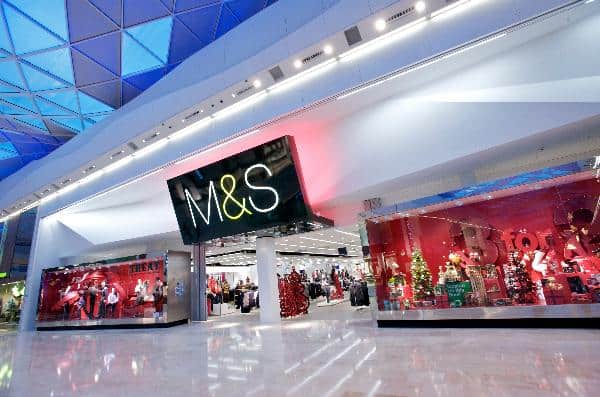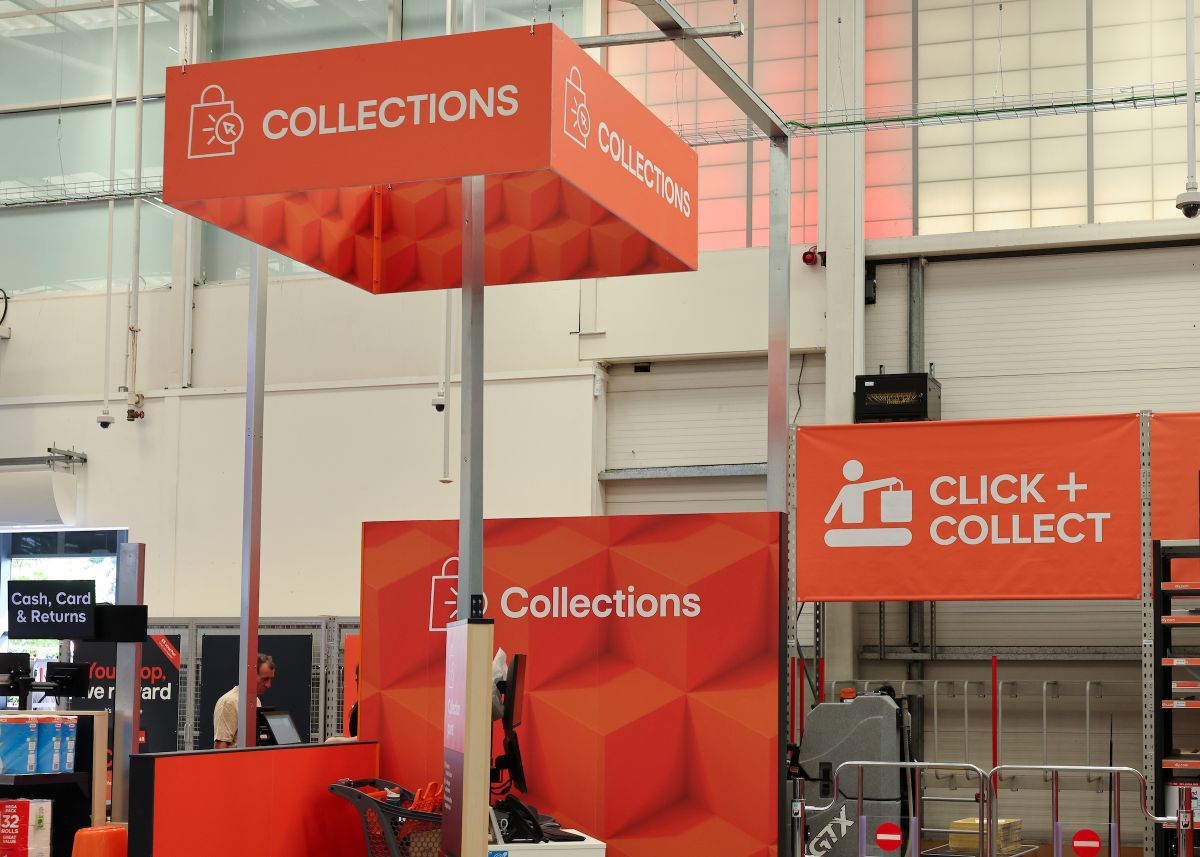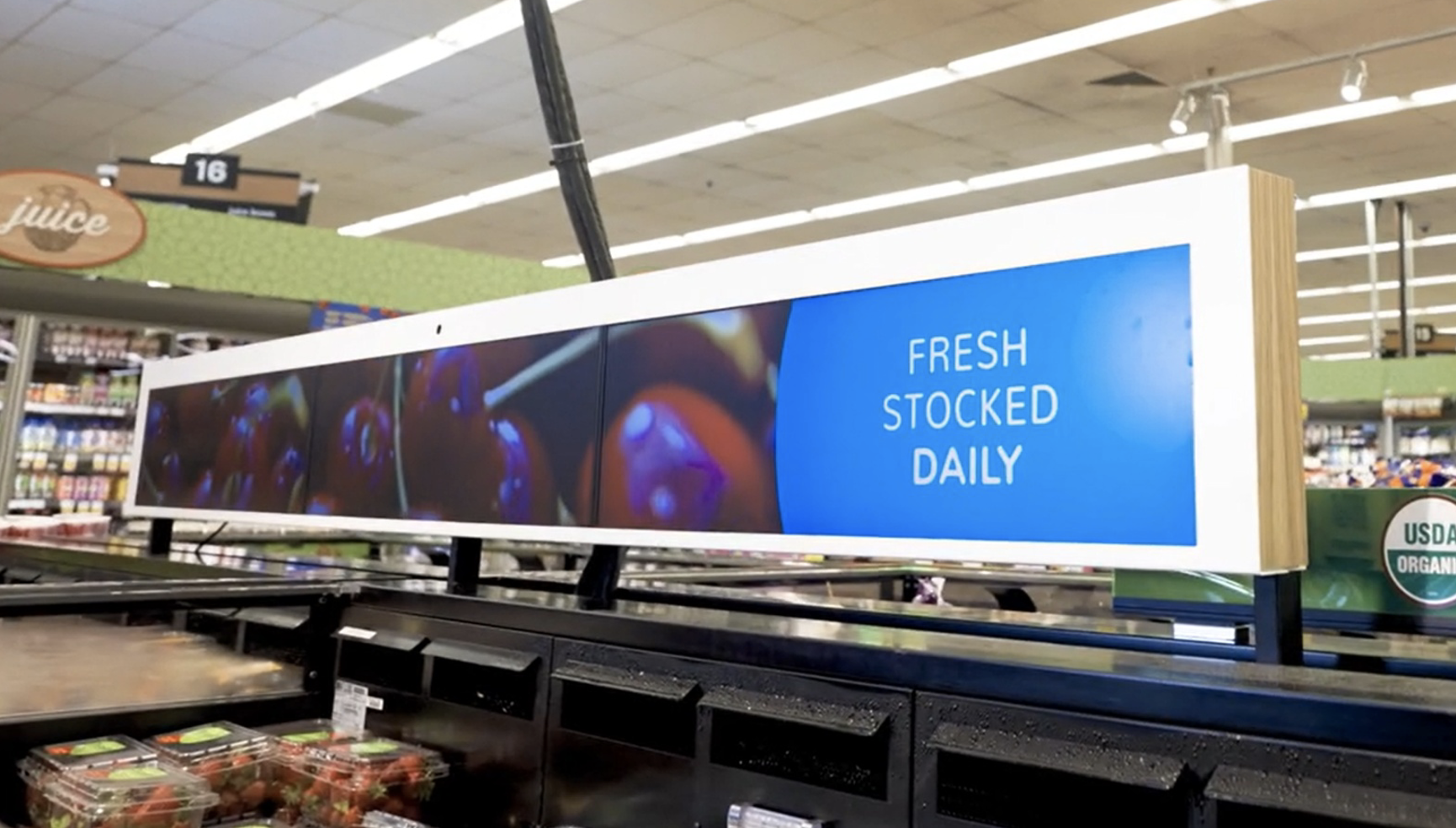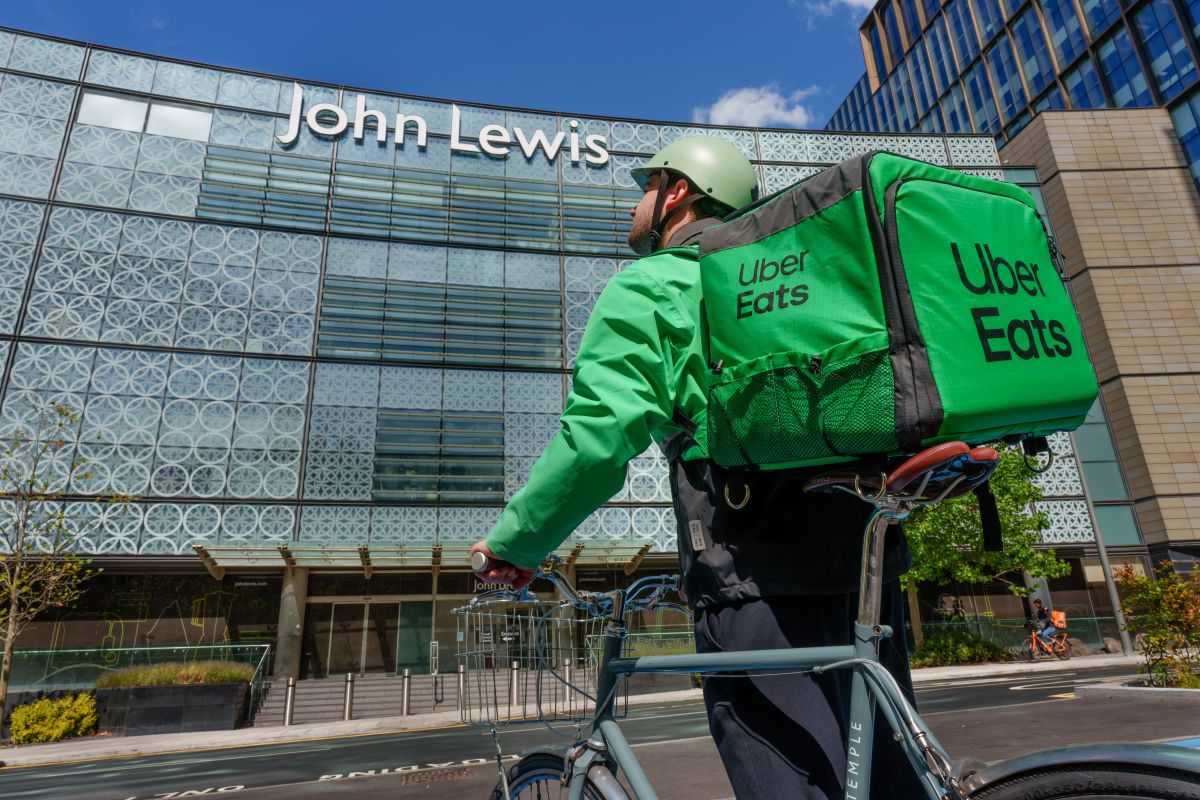Marks & Spencer today explains why stores give it a “competitive advantage” as part of an omnichannel business, as it announces a £480m investment in building bigger and better shops that is set to create more than 3,400 jobs.
The retailer, which currently sells online and from 247 stores, says that within three years it aims to have 180 higher quality stores that sell its clothing, home and food products and from 420 food stores.
In the coming 2023/2024 financial year it aims to opens eight full-line destination stores in locations including Leeds White Rose, Liverpool One, and Birmingham Bullring. Of those five will be new stores, all opening on former Debenhams sites as it focuses on regenerating brown field sites. M&S is also planning to open 12 new food halls. Features of new stores include free car parking, a fill your own range that reduces packaging, wider aisles, and market-style food halls selling the full range.
Stuart Machin, chief executive of M&S, says: “Stores are a core part of M&S’s omnichannel future and serve as a competitive advantage for how customers want to shop today. Our store rotation programme is about making sure we have the right stores, in the right place, with the right space and we’re aiming to rotate from the 247 stores we have today to 180 higher quality, higher productivity full line stores that sell our full Clothing, Home and Food offer whilst also opening over 100 bigger, better food sites.
M&S says it’s accelerating its store programme in the light of strong performances at its recently opened or upgraded stores. Clothing and home sales at its Llandudno store, for example, grew by 35% and food sales by 75% while clothing sales grew by 26% in Colchester and food sales by 26% in Harrogate. The programme will be funded by “releasing development value” from some of its older UK sites. The retailer owns about 40% of its sites, including M&S Marble Arch. Its plans for redeveloping its Marble Arch site were the subject of a public inquiry in November. It also expects to save £309m in lease costs.
“The outperformance of our recently relocated and renewed stores, give us the confidence to go faster in our plan,” says Machin. “Our investment in stores not only delivers a better experience for customers and colleagues, it boosts local communities with new job creation and will help us deliver a more sustainable estate in every sense.”
In addition, M&S plans to expand its franchise model for convenience stores. Currently it has franchise partnerships with BP, Moto, SSP and Costa.
How M&S stores fit into its omnichannel model
The new and renewed stores come alongside a “substantial” investment in new digital services. Digital click and collect – which allows customers to collect a parcel in less than a minute – is being expanded to 130 stores while shoppers can also use Scan & Shop direct from the M&S app on their phone to complete their in-store purchases.
Sales through the M&S app grew by 33% over Christmas, the retailer said in its recent Christmas trading update – and a third of all online sales took place through the app. M&S says those who buy from it through multiple sales channels are eight times more valuable.
Sustainability
M&S is planning that its new sites will help it to meet its ambition of being a net zero business across its entire value chain by 2040. It is looking for ways of generating energy in its stores, including installing solar photovoltaics at a number of viable sites. It is also introducing ultra fast electric vehicle charging points at about 70 M&S stores in partnership with BP Pulse.
Marks & Spencer is a Leading retailer in RXUK Top500 research.









